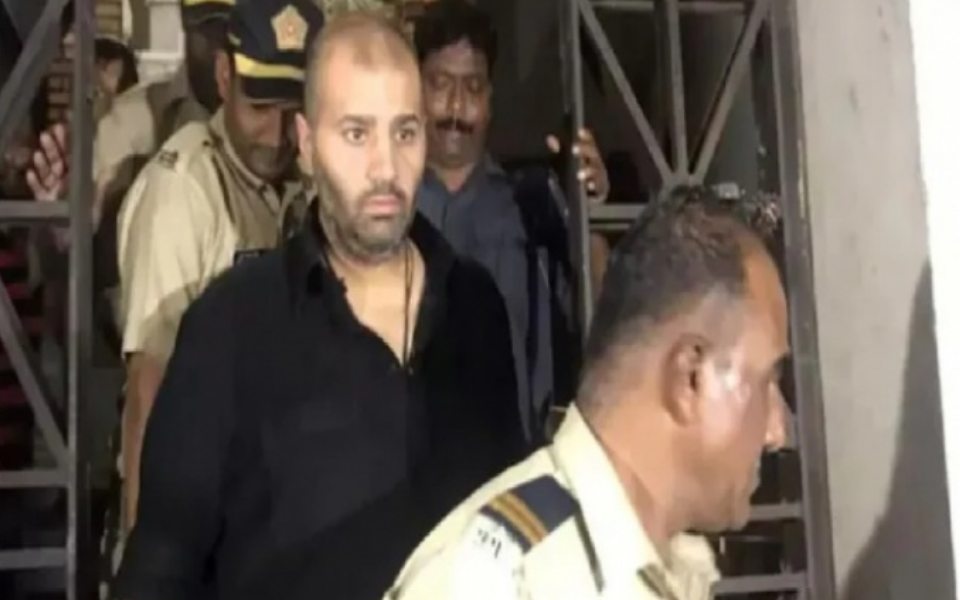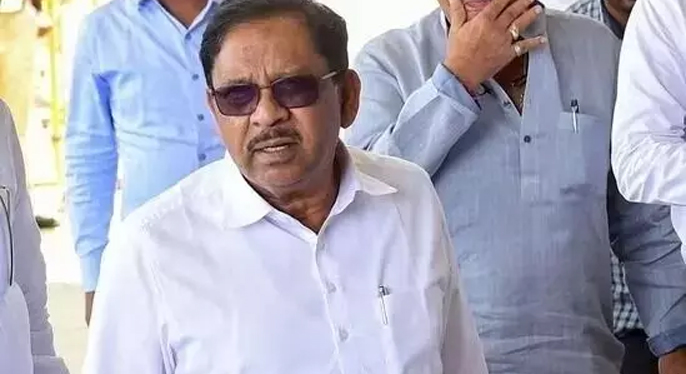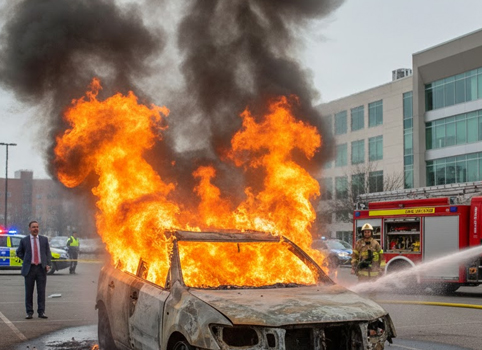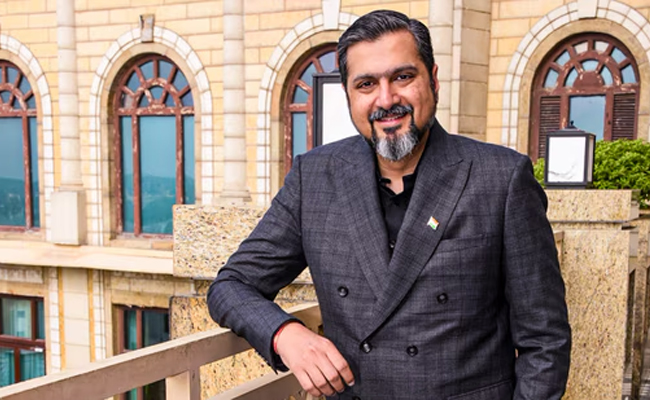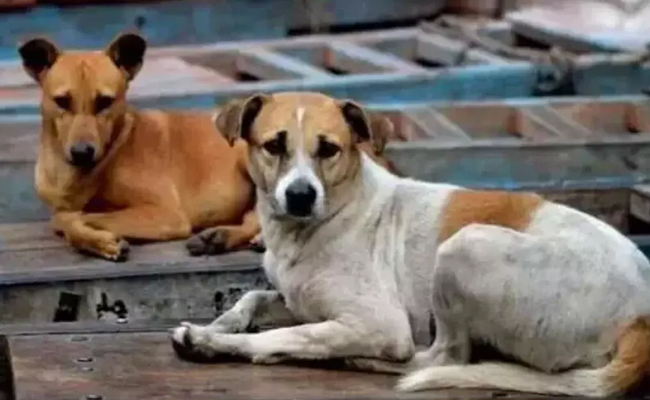New Delhi, May 14: The CBI has arrested former DHFL Director Dheeraj Wadhawan in connection with the alleged defrauding of a 17-member lender bank consortium to the tune of Rs 34,000 crore, officials said Tuesday.
Wadhawan, arrested from Mumbai on Monday night, was produced before a special court here which remanded him in judicial custody on Tuesday, they said.
The former director of DHFL and his brother Kapil were earlier arrested in the case in on July 19, 2022, they said.
The agency had filed a charge sheet against 75 entities including Kapil and Dheeraj on October 15, 2022.
They were granted "statutory" bail from the special court on December 3, 2022, on the grounds that the investigation was incomplete and the charge sheet filed was piecemeal. This order was upheld by the Delhi High Court as well.
The CBI had challenged the order in the Supreme Court, which set aside the bail orders noting that the Special Court as well as the High Court "committed serious error of law" in disregarding the legal position enunciated and settled by the apex court.
In the meanwhile, Dheeraj Wadhawan got interim bail in a separate matter on medical grounds from the Bombay High Court as he was admitted at the Lilavati Hospital for treatment. The Bombay High Court had regularised the bail in that case on May 2 this year and had also extended his protection from CBI arrest for one week.
The CBI arrested Wadhawan after the protection period was over, they said.
At present, three accused are in judicial custody -- Dheeraj Wadhawan and his brother Kapil Wadhawan and Ajay Nawandar.
The CBI had booked the Wadhawans and others on a complaint from the Union Bank of India, the leader of the 17-member lender consortium that had extended credit facilities to DHFL to the tune of Rs 42,871 crore between 2010 and 2018.
The agency in its charge sheet has alleged that Kapil and Dheeraj Wadhawan, in a criminal conspiracy with others, misrepresented and concealed facts, committed a criminal breach of trust and abused public funds to cheat the consortium to the tune of Rs 34,615 crore by defaulting on loan repayments from May 2019 onwards.
The CBI has alleged that the company committed financial irregularities, diverted funds, fabricated books and round-tripped funds to "create assets for Kapil and Dheeraj Wadhawan" using public money.
DHFL loan accounts were declared non-performing assets at different points of time by lender banks, the officials said.
When DHFL was hit by investigation in January 2019 after media reports on allegations of siphoning off funds surfaced, the lender banks held a meeting on February 1, 2019, and appointed KPMG to conduct a "special review audit" of DHFL from April 1, 2015, to December 31, 2018.
The audit pointed to the diversion of funds in the garb of loans and advances to related and interconnected entities and individuals of DHFL and its directors.
The scrutiny of account books showed that 66 entities having commonalities with DHFL promoters were disbursed Rs 29,100 crore against which Rs 29,849 crore remained outstanding, the CBI has alleged.
Most of the transactions of such entities and individuals were in the nature of investments in land and properties, it has alleged.
Let the Truth be known. If you read VB and like VB, please be a VB Supporter and Help us deliver the Truth to one and all.
Tumakuru (PTI): Karnataka Home Minister G Parameshwara on Saturday said his recent remarks on the demolition of properties linked to those involved in narcotics trade were "misunderstood and misinterpreted".
His clarification follows remarks made two days ago on the government's uncompromising crackdown on the drug menace, including action against properties linked to foreign nationals allegedly involved in drug trafficking.
"It is unfortunate. It is taken in the wrong sense. I didn't mean that tomorrow itself I am going to send bulldozers and demolish the houses. That was not my intention. It was wrongly taken," he told reporters here.
Responding to Congress MLC K Abdul Jabbar's question in the legislative council on the growing drug menace in Bengaluru, Davangere and coastal districts, the minister on Thursday detailed the extensive enforcement measures initiated since the Congress government assumed office.
Pointing to the involvement of some foreign nationals, the minister had said, "Many foreign students from African countries have come to Karnataka. They are into the drug business. We catch them and register cases against them, but they want the case to be registered because once the case is registered, we cannot deport them."
"We have gone to the extent of demolishing the rented building where they stay," he had said.

